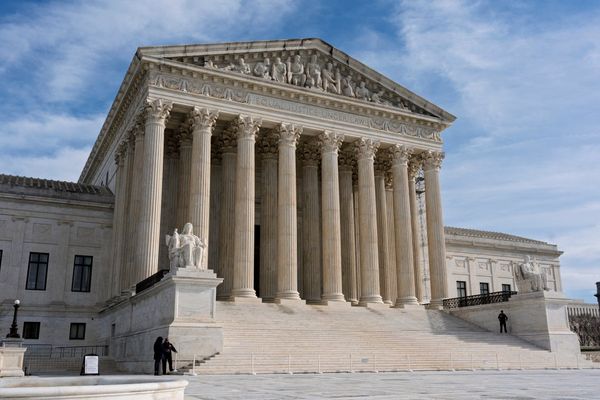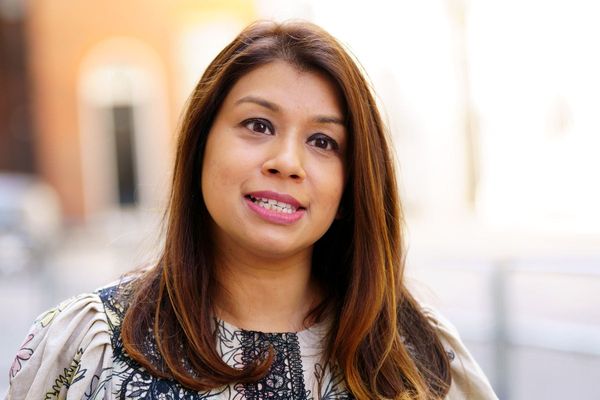COVID-19 vaccinations of children 5 to 11 years old have already begun overseas, but U.S. parents are far from enthusiastic about the injections, and the rates are low across Europe.
In the United States, the U.S. Food and Drug Administration authorized the emergency use of the Pfizer-BioNTech COVID-19 vaccine to children 5 to 11 in October last year. Since then, children have been vaccinated at children's hospitals, schools and other places.
However, a tally by the Centers for Disease Control and Prevention as of Tuesday shows that, of the 28 million children who could receive a vaccination, 6.6 million, or 23%, have done so.
According to a survey released in October by the Kaiser Family Foundation, 30% of parents who responded said they would not let their children get vaccinated. Adding them to the 33% who said they would wait and see for now, more than 60% of parents are passive about a COVID-19 inoculation for their kids. 76% of parents voiced their concern that not enough is known about the long-term effects of the COVID-19 vaccine in children.
Some states have offered incentives for children to get vaccinated, such as a 100 dollars gift card.
In Europe, vaccinations of children 5 to 11 are going on after the European Medicines Agency authorized the use of the Pfizer-BioNTech vaccine to children of that age group in late November last year.
In France, the percentage of children who have been vaccinated at least once as of Monday was 2.8% among those 5 to 9 years old and 8.4% among those 10 to 11.
In Germany, vaccinations of children started in mid-December to continue in-person lessons and to avoid virus transmission by infected children showing no symptoms. As of Wednesday, 19.4% have been inoculated.
According to the Health, Labor and Welfare Ministry, the United States, France and Germany all recommend COVID-19 vaccinations.
Read more from The Japan News at https://japannews.yomiuri.co.jp/







